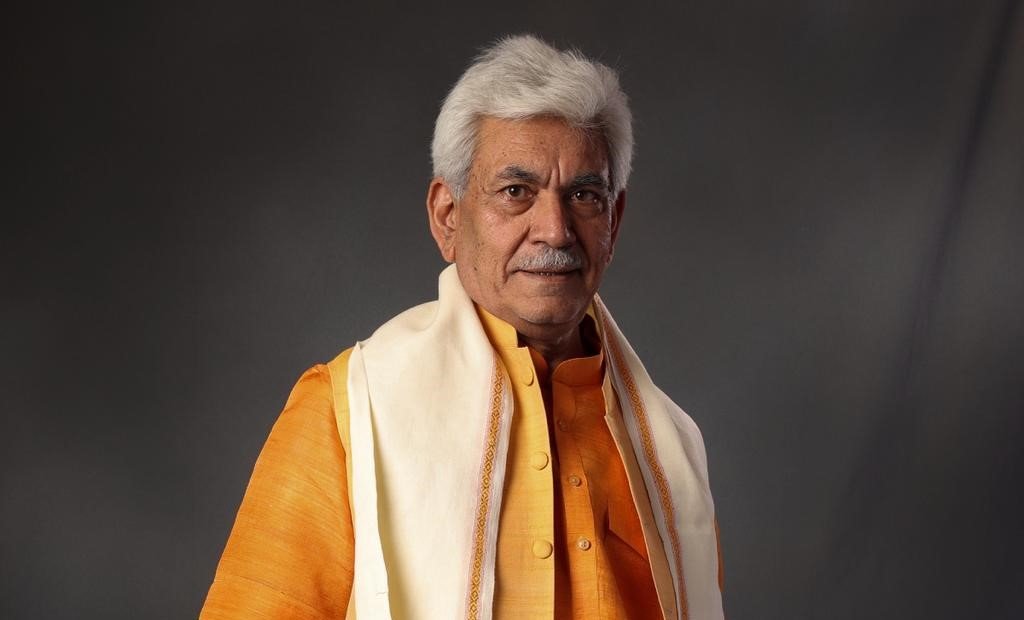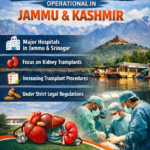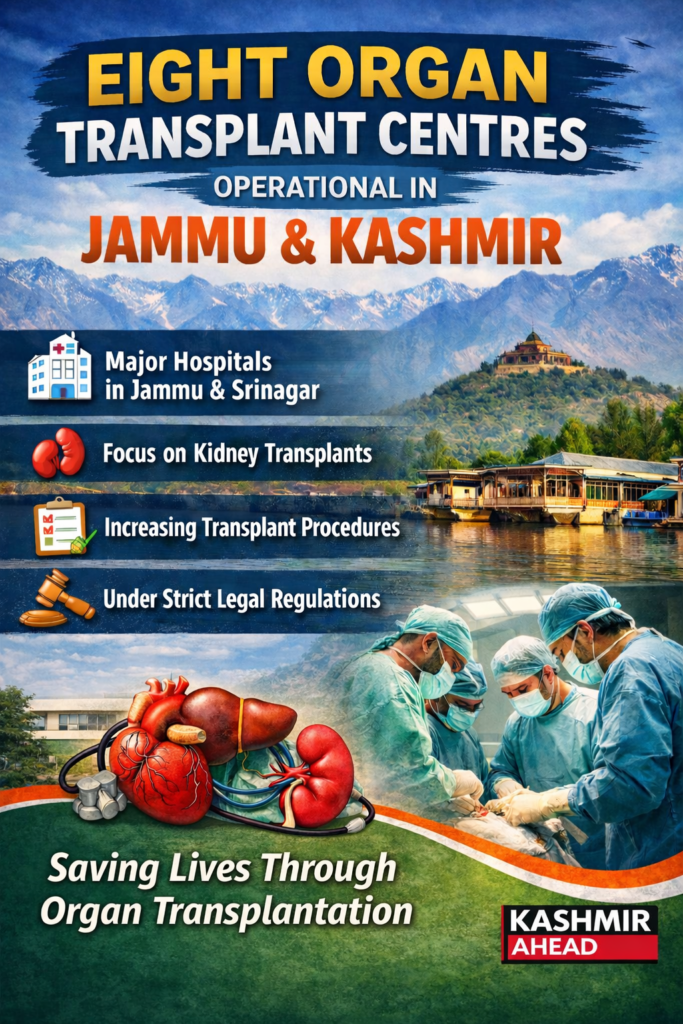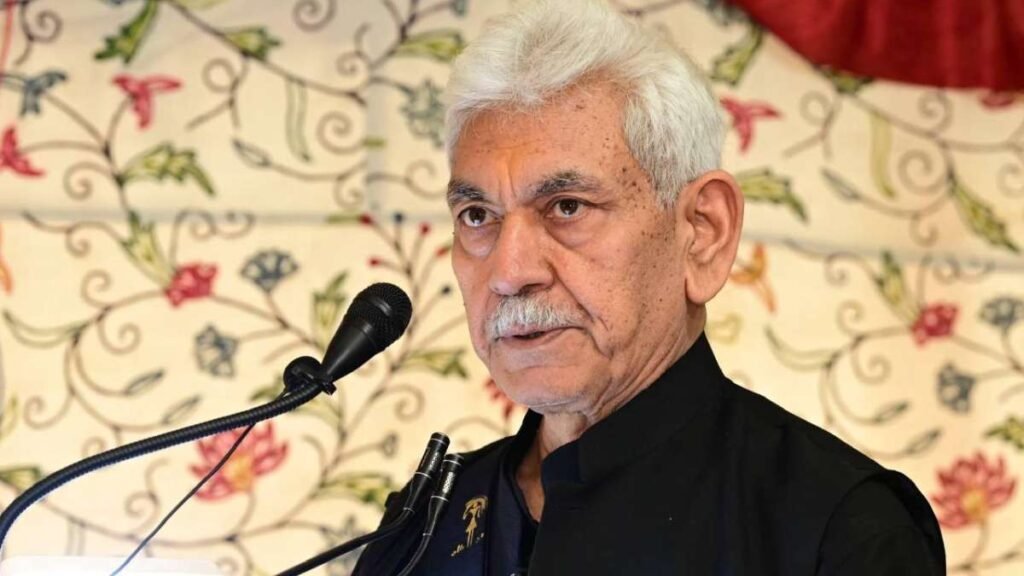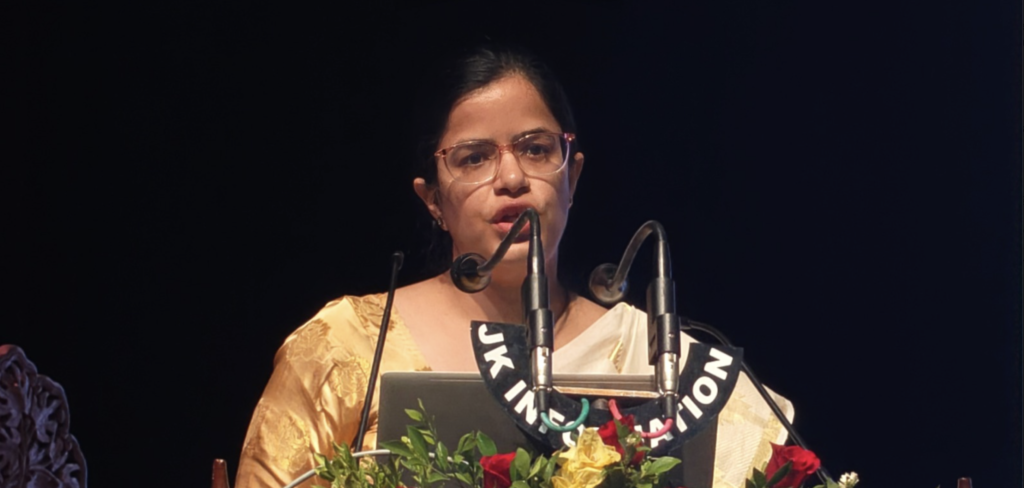Srinagar/Jammu | August 8, 2025 — As Lieutenant Governor Manoj Sinha marks five years in office today, Jammu and Kashmir reflects on a period of substantial change, transformation, and challenges. Appointed on August 7, 2020, following the abrogation of Article 370, Sinha stepped into a role demanding strong leadership, administrative overhaul, and a push for development in a region long affected by instability.
Governance and Administrative Reforms
Under Sinha’s leadership, governance reforms have been a cornerstone of his administration. One of the most significant achievements has been the establishment of a transparent and accountable system, particularly in public services. The introduction of the JK-IGRAMS (Jammu & Kashmir Integrated Grievance Redress and Monitoring System) provided citizens a direct platform to lodge complaints, track their status, and receive timely redressal.
Sinha’s emphasis on corruption-free governance has seen several steps, including digitisation of land records under the ‘Aapki Zameen, Aapki Nigrani’ initiative, reduction in bureaucratic red tape, and fast-tracking file movement through e-office systems.
Infrastructure and Development Push
In the last five years, the development narrative in Jammu and Kashmir has seen a major shift. The region witnessed record infrastructure projects, including new national highways, tunnel connectivity, bridges, and rural road expansion under the PMGSY (Pradhan Mantri Gram Sadak Yojana). The Chenani-Nashri Tunnel, Zojila Tunnel progress, and the Udhampur-Srinagar-Baramulla Rail Link (USBRL) have significantly improved accessibility and economic integration.
Industrial investment has also been a major focus. The J&K Industrial Policy 2021, launched under Sinha, facilitated an influx of investment proposals worth over ₹75,000 crore, with over 500 units either operational or under construction. Global and domestic investors have shown renewed interest in the Union Territory, including in tourism, horticulture, IT, and manufacturing.
Focus on Youth and Employment
Recognising the potential and frustrations of the region’s youth, Sinha’s government initiated several employment and skill development programs. The Mission Youth scheme aims to engage young people through entrepreneurship, sports, culture, and self-employment support. Over 2.5 lakh youth have reportedly benefitted from skill-based training, financial aid, or employment linkage initiatives.
The JKSSB (Jammu and Kashmir Services Selection Board) recruitment drives were streamlined for transparency and speed, though not without controversies and allegations of irregularities — many of which led to cancelled or retaken exams.
Reviving Tourism and Culture
Jammu and Kashmir’s tourism sector, severely impacted by the COVID-19 pandemic and political unrest, saw a significant rebound during Sinha’s tenure. In 2022 and 2023, the region recorded historic tourist footfalls, with Gulmarg, Pahalgam, Sonamarg, and Vaishno Devi witnessing record numbers.
Efforts to revive heritage sites, promote local arts and crafts through GI tagging, and organize festivals have helped reposition the region as a safe and attractive destination for domestic and international travellers.
Security and Counterterrorism Efforts
Security has remained one of the most sensitive aspects of Sinha’s tenure. In coordination with the Union Home Ministry, J&K witnessed intensified counterterrorism operations. The number of active militants in the Valley has reduced significantly, though sporadic attacks and targeted killings of minorities have remained a serious concern.
The administration has emphasised zero tolerance toward terrorism, supported by increased surveillance, crackdown on terror funding, and cross-border infiltration control. The implementation of the Unlawful Activities Prevention Act (UAPA) and PSA (Public Safety Act) has received both praise for effectiveness and criticism over alleged misuse.
Political and Democratic Developments
One of the most contentious issues during Sinha’s five-year tenure has been the delay in assembly elections. While panchayat and DDC (District Development Council) elections were successfully conducted in 2020 with considerable voter turnout, the promise of restoring full democratic process through legislative elections remains pending.
The Delimitation Commission submitted its report, and preparations for elections have reportedly been ongoing, but no official schedule has been announced. Critics argue that the delay reflects a lack of political will, while the administration maintains that law and order and security preparedness are prerequisites.
Social Welfare and Citizen-Centric Initiatives
The LG administration has launched and expanded various social welfare schemes, including PMAY (housing for all), Ayushman Bharat SEHAT scheme, and direct benefit transfers to farmers under PM-KISAN. Special focus has been given to the inclusion of border residents, Scheduled Tribes, and displaced Kashmiri Pandits.
Efforts to regularize daily wage earners and contractual staff have also made headlines, though unions continue to press for greater permanency and benefits.
The Road Ahead
As Manoj Sinha completes five years in office, opinions remain divided. Supporters credit him for bringing stability, growth, and administrative transparency, while critics point to the lack of political representation, restrictions on civil liberties, and slow pace of reconciliation.
There’s no denying that the region has seen substantial transformation in terms of governance and development. Whether these changes translate into long-term peace, prosperity, and normalcy in Jammu and Kashmir will depend on sustained efforts and, eventually, the restoration of democratic processes.

